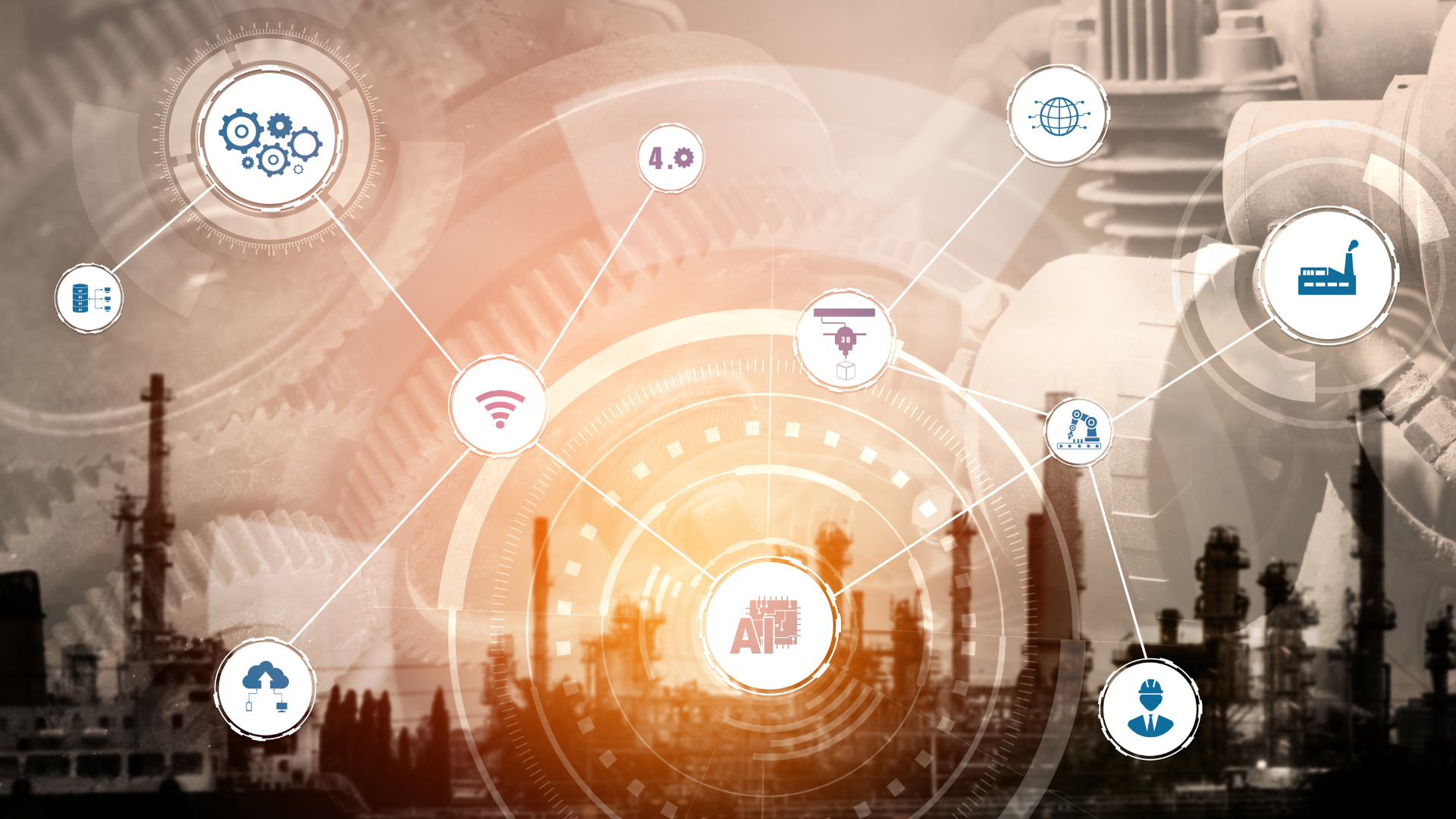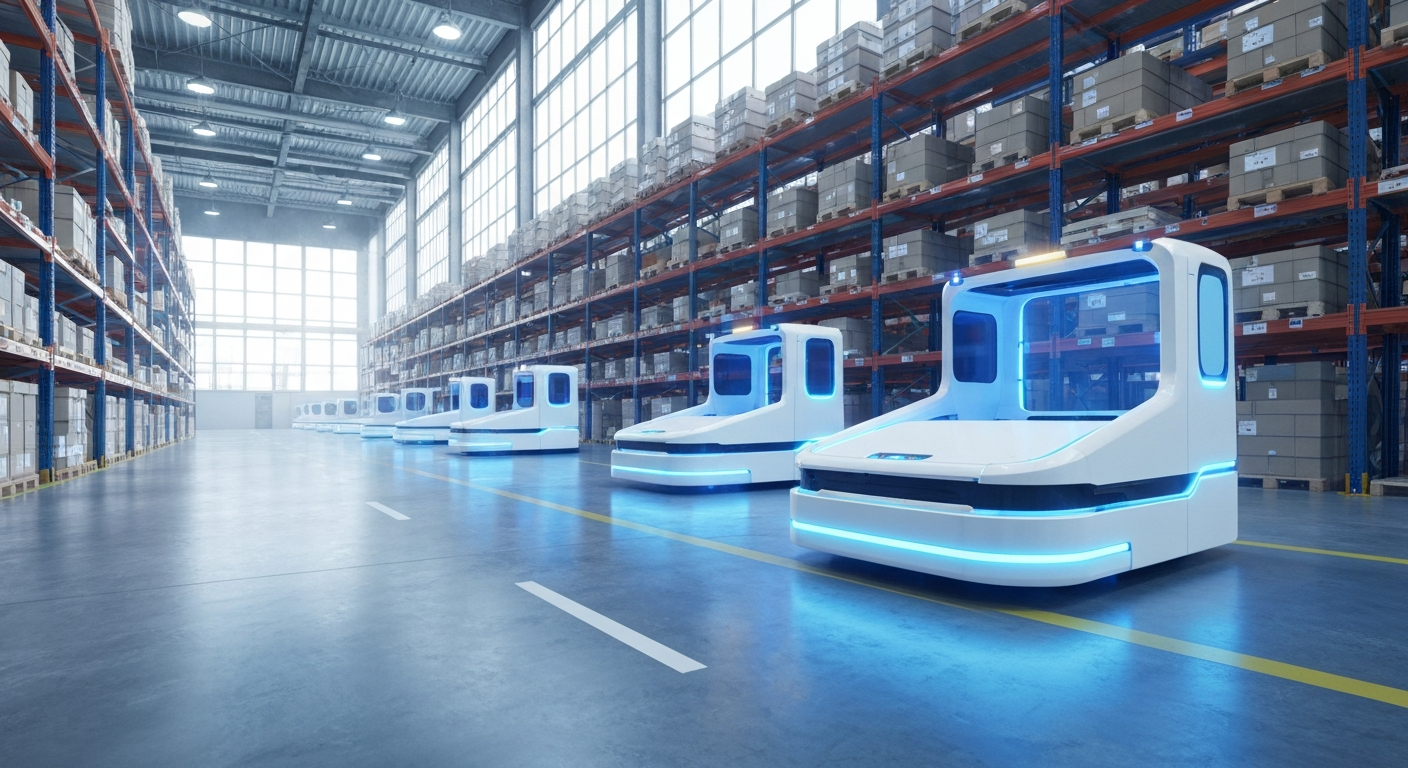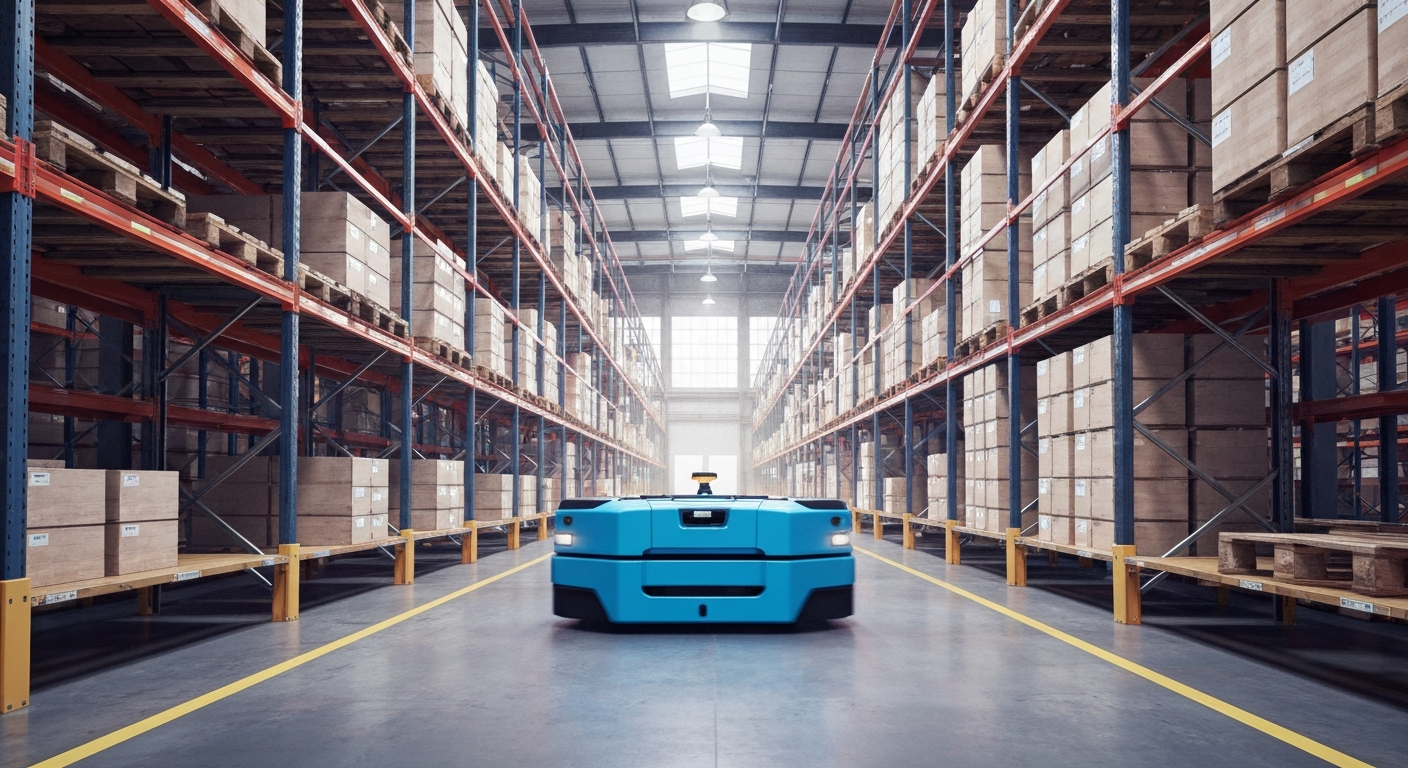What Skills Are Required for the Fourth Industrial Revolution?
What Skills Are Required for the Fourth Industrial Revolution?
The Fourth Industrial Revolution, often referred to as Industry 4.0, marks a significant shift in the global economy. It is characterized by the seamless integration of advanced technologies such as artificial intelligence, robotics, and Internet of Things (IoT) into various industries. To not only survive but thrive in this era of rapid technological advancements, individuals need to possess a specific set of skills that are relevant and adaptable. In order to stay competitive in the job market, it is crucial for individuals to acquire technical skills that align with the emerging technologies driving Industry 4. 0. This includes having a solid understanding of data analysis and interpretation, proficiency in programming languages, knowledge of automation systems, and familiarity with cloud computing platforms. In addition to technical skills, soft skills play a pivotal role in navigating through this transformative period. Effective communication abilities are paramount when collaborating with cross-functional teams that comprise both humans and machines. Critical thinking and problem-solving skills are also essential for identifying opportunities amidst complex challenges arising from technological disruptions. Furthermore, adaptability is key in an era where technology evolves at an unprecedented pace. Being open to continuous learning and upskilling is essential for professionals who wish to remain relevant throughout their careers. Embracing change and being comfortable with uncertainty are vital qualities needed to navigate the dynamic landscape shaped by Industry 4. 0. To summarize, thriving in the Fourth Industrial Revolution requires individuals to possess a balanced mix of technical proficiency and soft skills such as effective communication, critical thinking, problem-solving abilities, adaptability, continuous learning mindset, and embracing change. By cultivating these skills proactively, individuals can position themselves at the forefront of innovation while capitalizing on emerging opportunities brought about by Industry 4.0.

Fourth Industrial Revolution Skills
In the era of the Fourth Industrial Revolution, digital literacy has emerged as one of the most crucial skills that individuals need to thrive in the rapidly evolving digital landscape. Digital literacy encompasses not only proficiency in using various digital tools and platforms but also a deep understanding of advanced concepts such as cloud computing, big data analytics, and artificial intelligence. By acquiring these essential skills, individuals can effectively navigate the complex digital terrain and harness the transformative power of technology to their advantage. They will be able to leverage cloud computing services to store and access data seamlessly from anywhere, utilize big data analytics techniques to extract valuable insights from vast amounts of information, and leverage artificial intelligence technologies to automate repetitive tasks and make informed decisions. Moreover, possessing strong digital literacy empowers individuals with the ability to adapt quickly to new technological advancements. As technology continues to shape our world at an unprecedented pace, being digitally literate allows individuals to stay ahead of trends, remain competitive in the job market, and contribute meaningfully towards innovation. In conclusion, digital literacy is a fundamental skill for navigating our increasingly interconnected world. It enables individuals to confidently embrace new technologies and actively participate in shaping our future by harnessing their full potential for personal growth as well as contributing towards societal progress.
In addition to the aforementioned skills, adaptability is another crucial skill that individuals need to possess in order to thrive in the fast-paced and ever-evolving landscape of the Fourth Industrial Revolution. This era is characterized by constant changes and disruptions across industries, propelled by advancements in technology. Those who can readily embrace and adapt to new technologies, as well as alternative ways of working, will undoubtedly be better equipped to navigate through this dynamic environment and achieve sustained success. By being adaptable, individuals can effectively respond to emerging trends, seize opportunities for growth, and remain competitive amidst continuous transformations.
Industry 4.0 Technologies
In addition to the previous points, it is worth highlighting that collaboration and teamwork are increasingly recognized as essential skills in the context of the Fourth Industrial Revolution. As new technologies continue to emerge, it is becoming evident that interdisciplinary approaches are necessary for solving complex problems. Therefore, individuals who can effectively collaborate with others from diverse backgrounds will have an advantage in leveraging different perspectives and creating innovative solutions. Moreover, critical thinking and problem-solving skills play a crucial role in Industry 4. 0. With the rapid advancement of technology, individuals need to possess the ability to analyze situations critically and think creatively when faced with complex challenges. These skills enable them to navigate through unfamiliar territories and develop effective solutions that align with the demands of a rapidly changing landscape. By honing these skills, professionals can position themselves as valuable assets in today's evolving workforce. The ability to collaborate effectively and think critically not only enhances productivity but also promotes adaptability and resilience in tackling industry-specific challenges within this era of technological transformation.
Industry 4.0 Technologies Examples
In the context of Industry 4. 0, several cutting-edge technologies are transforming the manufacturing landscape. Notable examples include the Internet of Things (IoT), which enables seamless connectivity and communication between devices and systems. This facilitates real-time data collection, analysis, and decision-making. Robotics plays a crucial role in automating various tasks within manufacturing processes. These intelligent machines enhance efficiency, precision, and speed while reducing human error. They can handle repetitive or dangerous tasks while operating with utmost accuracy. Virtual reality (VR) and augmented reality (AR) are immersive technologies that have gained significant traction in Industry 4. 0. VR allows users to experience computer-generated environments, while AR overlays digital information onto the physical world. Both technologies have proven instrumental in training simulations, design prototyping, maintenance procedures, and remote collaboration. Additive manufacturing or 3D printing has revolutionized traditional manufacturing methods by enabling the creation of complex objects layer by layer. This technology offers greater design freedom, faster prototyping iterations, reduced waste material generation, and increased customization possibilities. Lastly, advanced automation systems incorporate artificial intelligence (AI), machine learning algorithms, and data analytics to optimize manufacturing operations further. These systems monitor performance metrics in real-time to identify inefficiencies or bottlenecks for immediate corrective actions. In summary, these Industry 4. 0 technologies are reshaping manufacturing processes by enhancing efficiency through automation, improving productivity through real-time data analysis and decision-making capabilities while allowing for customization options previously unachievable using traditional methods.
In conclusion, as we navigate through the Fourth Industrial Revolution, it has become evident that individuals must possess a diverse range of skills to thrive in this rapidly changing landscape. Digital literacy is no longer optional but rather a fundamental requirement in order to effectively engage with Industry 4. 0 technologies. Additionally, adaptability is key as individuals must be able to quickly learn and adapt to new tools and processes that emerge within their respective fields or industries. Collaboration has also taken on greater significance as the interconnectedness of technology continues to expand. The ability to work seamlessly with others, both within and across disciplines, is essential for innovation and problem-solving in this transformative era. Moreover, critical thinking skills are crucial for individuals to analyze complex situations and make informed decisions amidst an abundance of data and information. This ability allows individuals to evaluate different perspectives and weigh various factors before arriving at a well-reasoned conclusion. Finally, problem-solving abilities are highly sought after in the Fourth Industrial Revolution. With the advent of advanced technologies come new challenges that require innovative solutions. Individuals who possess strong problem-solving skills can effectively identify issues, develop creative approaches, and implement strategies that drive meaningful change. By actively acquiring these essential skills and embracing Industry 4. 0 technologies within their respective fields or industries, individuals can position themselves for success in this transformative era where opportunities abound for those who are prepared to embrace them.



